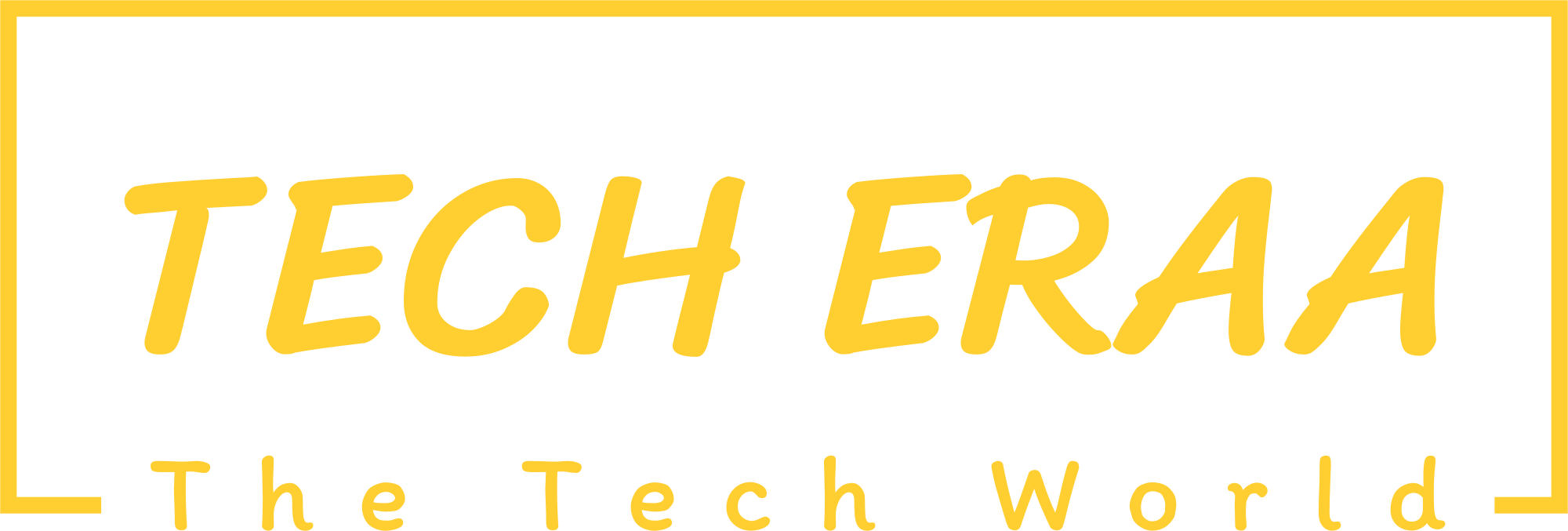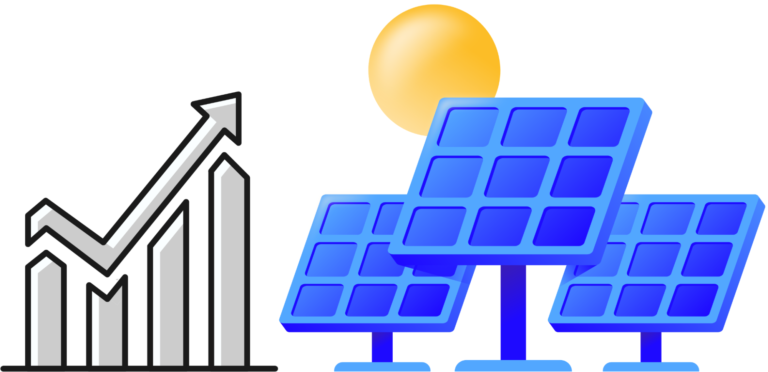Introduction
Importance of Renewable Energy
In a world increasingly aware of climate change and environmental sustainability, renewable energy sources like solar power have become critical. Pakistan, with its energy challenges and abundant sunlight, stands to benefit significantly from solar energy adoption. Understanding the recent trends in solar panel prices in Pakistan is crucial for individuals, businesses, and policymakers alike.
Purpose of the Article
This article aims to delve into the dynamics of solar panel pricing in Pakistan. By exploring the factors influencing costs, recent trends, and implications for consumers, we provide insights into why now is a pivotal time for investing in solar energy.
Current State of Solar Energy in Pakistan
Adoption and Awareness
In recent years, Pakistan has witnessed a notable increase in the adoption of solar energy. Both residential and commercial sectors are embracing solar power as a viable alternative to traditional electricity sources. This shift is driven by the country’s energy deficit, rising electricity costs, and government initiatives promoting renewable energy.
Challenges in the Energy Sector
Pakistan faces challenges with its conventional energy infrastructure, including power shortages and dependency on fossil fuels. These challenges underscore the urgency of transitioning to sustainable energy solutions like solar power. The shift not only addresses immediate energy needs but also contributes to long-term environmental sustainability goals.
Factors Influencing Solar Panel Pricing
Cost Components of Solar Panels
The cost of a solar panel system comprises various components, including solar panels themselves, inverters, batteries (if applicable), and installation expenses. Technological advancements have steadily reduced the costs of these components, making solar energy more affordable and accessible.
Economies of Scale and Production
As global demand for solar panels has increased, economies of scale have come into play, driving down production costs. Pakistan benefits from these global trends, with manufacturers scaling up production and enhancing efficiencies in panel manufacturing processes.
Government Policies and Incentives
Government policies play a crucial role in shaping the economics of solar energy. In Pakistan, initiatives such as subsidies, tax exemptions, and net metering policies incentivize individuals and businesses to invest in solar panel installations. These policies not only lower upfront costs but also improve the financial viability of solar projects.
Recent Trends in Solar Panel Pricing
Historical Pricing Trends
Over the past decade, the cost of solar panels has exhibited a downward trajectory globally, including in Pakistan. Advances in technology, coupled with increased competition among manufacturers, have driven these price reductions. As a result, solar energy has become increasingly competitive with traditional energy sources.
Current Market Prices
In Pakistan, the average cost per watt of solar panels varies based on factors such as panel quality, installation complexity, and project size. Generally, prices have become more affordable, enabling more households and businesses to consider solar energy as a cost-effective solution for their energy needs.
Forecasted Pricing Trends
Looking ahead, industry analysts predict continued price declines for solar panels. Factors such as ongoing technological innovations and economies of scale are expected to further reduce costs. This trend enhances the attractiveness of solar energy investments, promising greater returns over the system’s operational lifetime.
Case Studies and Examples
Successful Solar Installations
Numerous success stories highlight the benefits of solar panel installations across Pakistan. From rural off-grid communities to urban commercial complexes, solar energy has provided reliable and sustainable electricity solutions. These installations demonstrate the practicality and effectiveness of solar power in diverse environments.
Real-life Examples
Testimonials from homeowners and businesses underscore the positive impact of solar energy on reducing electricity bills and enhancing energy reliability. By showcasing real-life examples, prospective investors gain insights into the tangible benefits and potential challenges associated with solar panel installations.
Implications for Consumers and Businesses
Financial Considerations
Investing in solar panels offers substantial long-term financial benefits. Beyond initial investment costs, which are decreasing, solar energy systems generate savings on electricity bills over their operational lifespan. Calculating return on investment (ROI) and payback periods helps assess the financial viability of solar projects.
Environmental Benefits
Solar energy significantly reduces carbon emissions compared to fossil fuel-based electricity generation. By choosing solar, consumers contribute to mitigating climate change and promoting cleaner air and water. This environmental stewardship aligns with global sustainability goals and enhances Pakistan’s energy independence.
Strategic Planning for Adoption
Effective adoption of solar energy involves strategic planning and consultation with reputable solar providers. Factors to consider include system sizing, location-specific solar potential, regulatory requirements, and ongoing maintenance. Professional guidance ensures optimal system performance and compliance with local regulations.
Conclusion
Summary of Key Points
The pricing trends of solar panels in Pakistan reflect a broader global shift towards renewable energy adoption. Technological advancements, economies of scale, and supportive policies have made solar energy increasingly affordable and attractive for consumers and businesses alike. As Pakistan navigates its energy future, investing in solar panels presents a strategic opportunity to reduce costs, enhance energy security, and promote sustainable development.
Future Outlook
Looking forward, the future of solar energy in Pakistan appears promising. Continued advancements in technology, coupled with favorable policy frameworks, are expected to drive further growth in solar installations. By embracing solar energy today, Pakistan can position itself at the forefront of the global renewable energy transition, reaping economic, environmental, and social benefits for years to come.
FAQs
What is the average cost of installing solar panels in Pakistan?
The average cost of installing solar panels in Pakistan varies based on factors such as system size, quality of panels, and installation complexity. Generally, prices range from PKR 100,000 to PKR 500,000 for residential installations, while larger commercial installations can cost upwards of PKR 1 million. Government subsidies and financing options can help offset these costs, making solar energy more accessible to consumers.
How do government subsidies affect the cost of solar panel installation?
Government subsidies significantly reduce the upfront costs of solar panel installations in Pakistan. These subsidies can cover a substantial portion of the total installation cost, making solar energy more affordable for homeowners and businesses. Additionally, tax incentives and net metering policies further enhance the financial benefits of investing in solar panels, ensuring a quicker return on investment through savings on electricity bills.
What are the long-term savings associated with solar panel investments?
Investing in solar panels offers substantial long-term savings on electricity bills. Once installed, solar panels generate electricity from sunlight at little to no cost, significantly reducing or even eliminating monthly electricity expenses. Over the system’s lifespan of 25 years or more, homeowners can save hundreds of thousands of rupees compared to traditional grid electricity, making solar panel investments financially rewarding.
Are there financing options available for solar panel installation in Pakistan?
Yes, there are several financing options available for solar panel installations in Pakistan. Banks and financial institutions offer loans specifically designed for renewable energy projects, including solar installations. These loans typically have favorable terms, such as low-interest rates and extended repayment periods, making them accessible to a wide range of consumers. Additionally, some solar companies offer financing plans that allow homeowners to pay for their solar systems over time, further easing the financial burden of installation.
How do solar panel prices in Pakistan compare with global trends?
Solar panel prices in Pakistan reflect global trends but can vary based on local factors such as import tariffs, exchange rates, and local demand. Generally, global price reductions in solar panels benefit Pakistan as manufacturers scale up production and improve efficiencies. This trend makes solar energy increasingly competitive compared to traditional energy sources and positions Pakistan favorably in the global renewable energy market.


